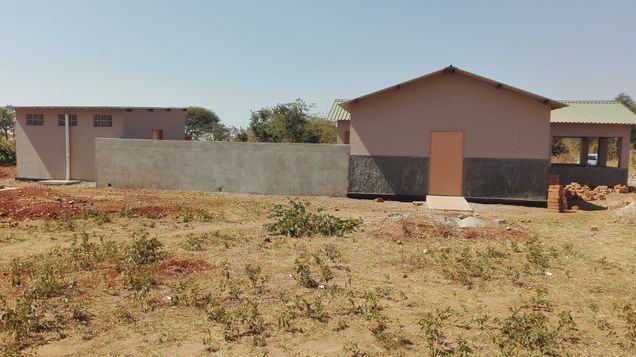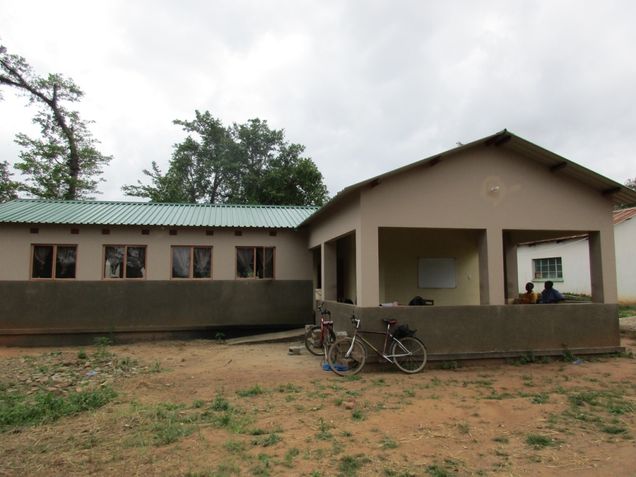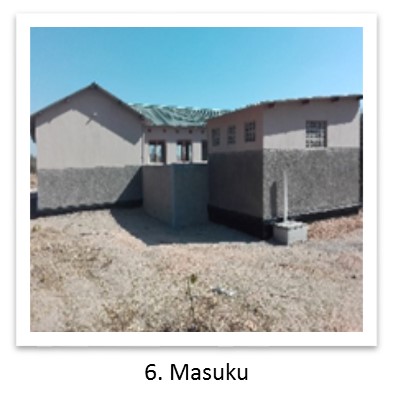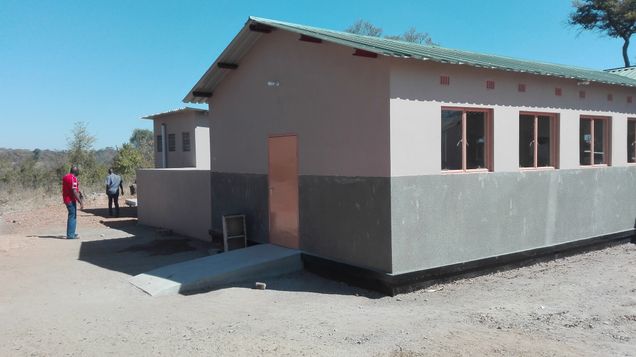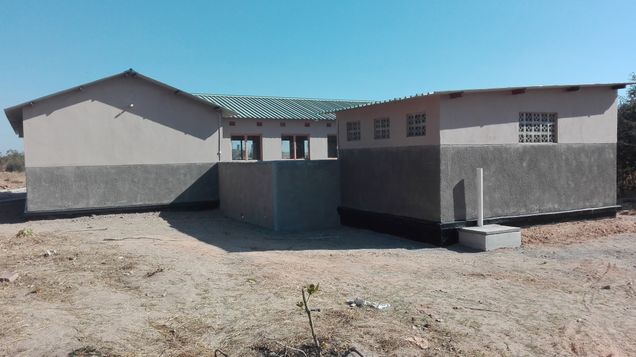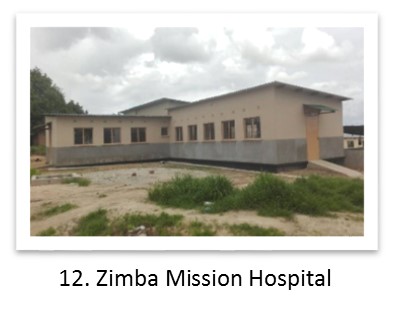Project Overview
Introduction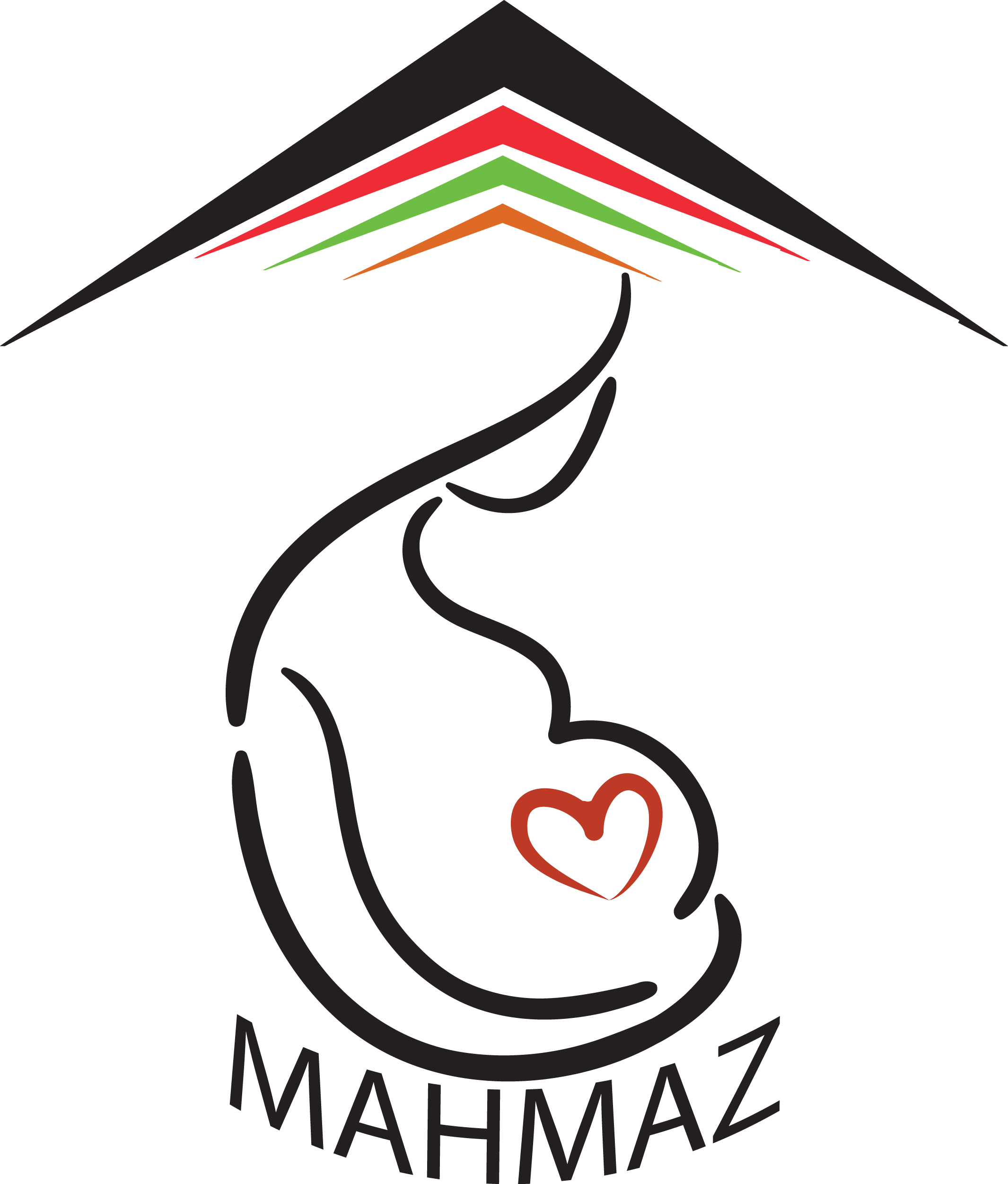
The Government of the Republic of Zambia (GRZ) is committed to improving maternal health. Mothers’ Shelters (MS)–temporary lodgings located near health facilities with skilled care for pregnant mothers who are close to term–represent a potentially useful strategy to improve access to skilled obstetric care, particularly for those living farthest from the health facilities. MSs provide pregnant women with the option of planning ahead and traveling to health facilities well before labor begins. However, there is insufficient evidence of the effectiveness of MSs in improving access to delivery services and improving maternal outcomes. Rigorous evidence on the impact of MSs is needed.
The Mothers’ Shelter Alliance (MSA) is a partnership between GRZ, implementing partners Africare and Right to Care Zambia (RTCZ) working in collaboration with academic institutions University of Michigan (UM) and Boston University (BU), respectively, an evaluation advisor, MSD for Mothers, Bill & Melinda Gates Foundation, and ELMA Foundation.
Together, the MSA is conducting an impact evaluation which aims to understand if MSs can effectively increase access to safe facility-based delivery and postpartum care, particularly for women living farthest from health facilities (defined in this study as living further than 9.5 km from the facility). Findings from this evaluation will be used to inform program decisions regarding implementation of the Mothers’ Shelter Model and, if applicable, to advocate for programmatic improvements as the Mothers’ Shelter Model is taken to scale beyond this project.
This report synthesizes the baseline quantitative and qualitative findings from a two-year impact evaluation of the MSA in Zambia.
Africare and MAHMAZ are each implementing the Core Mothers’ Shelter Intervention Model, in Southern, Eastern and Luapula Provinces at a total of 20 primary health facilities.
